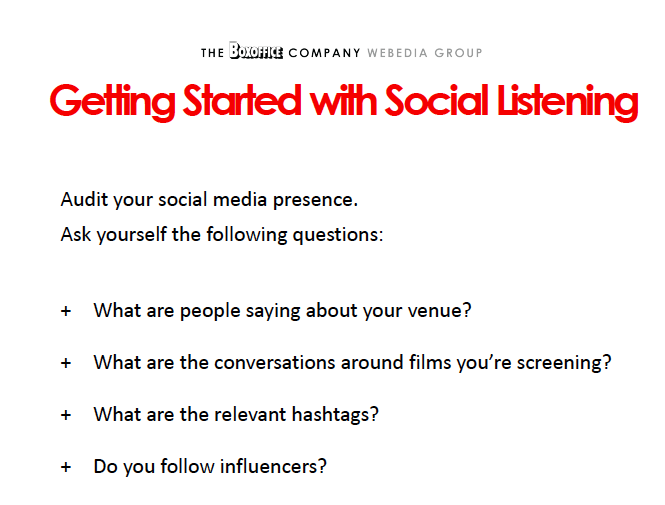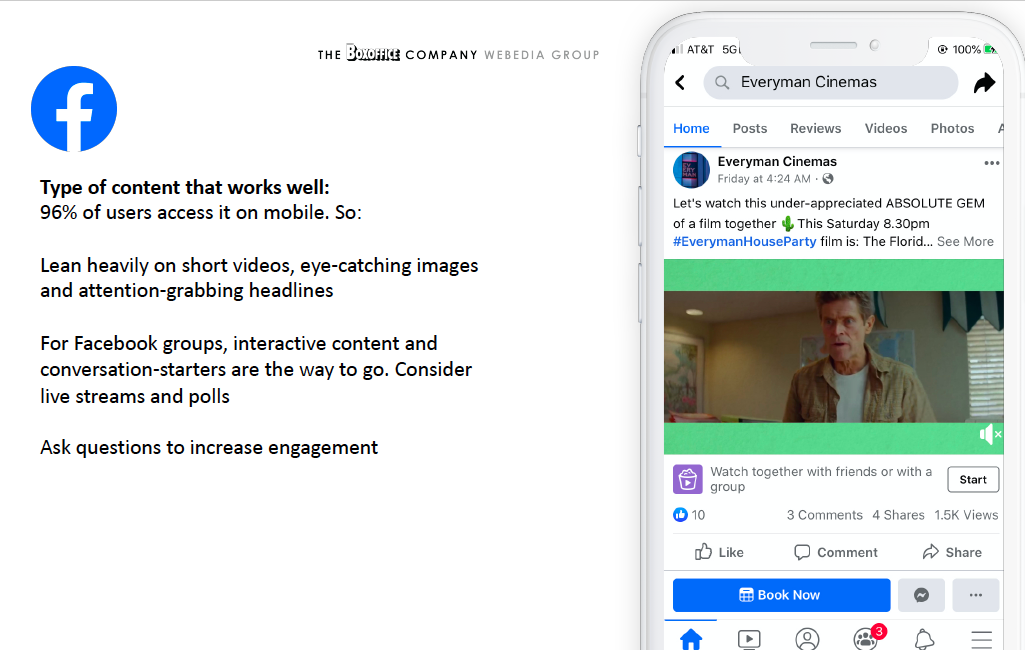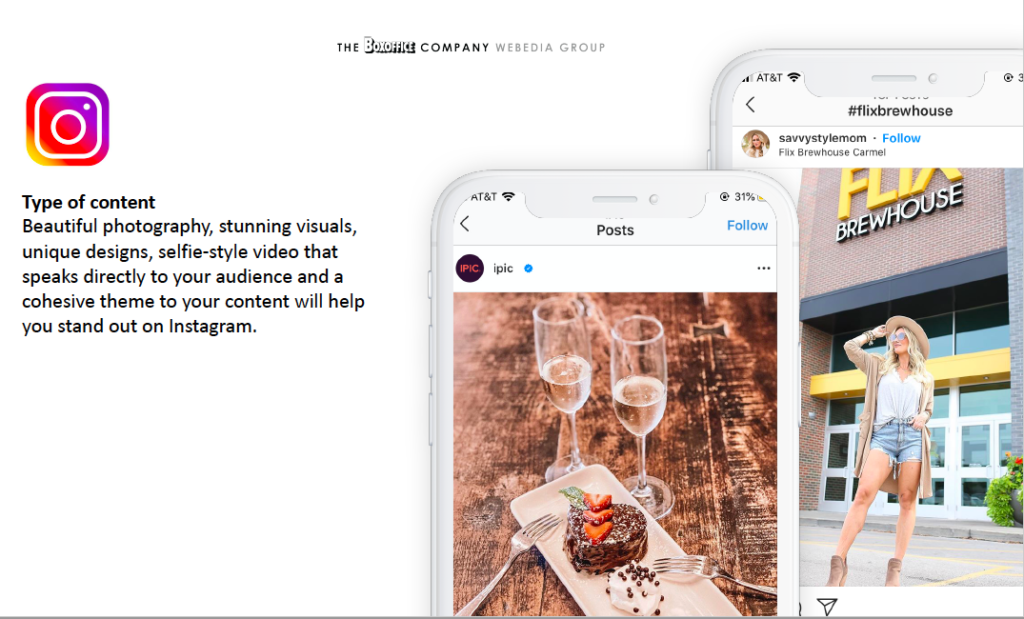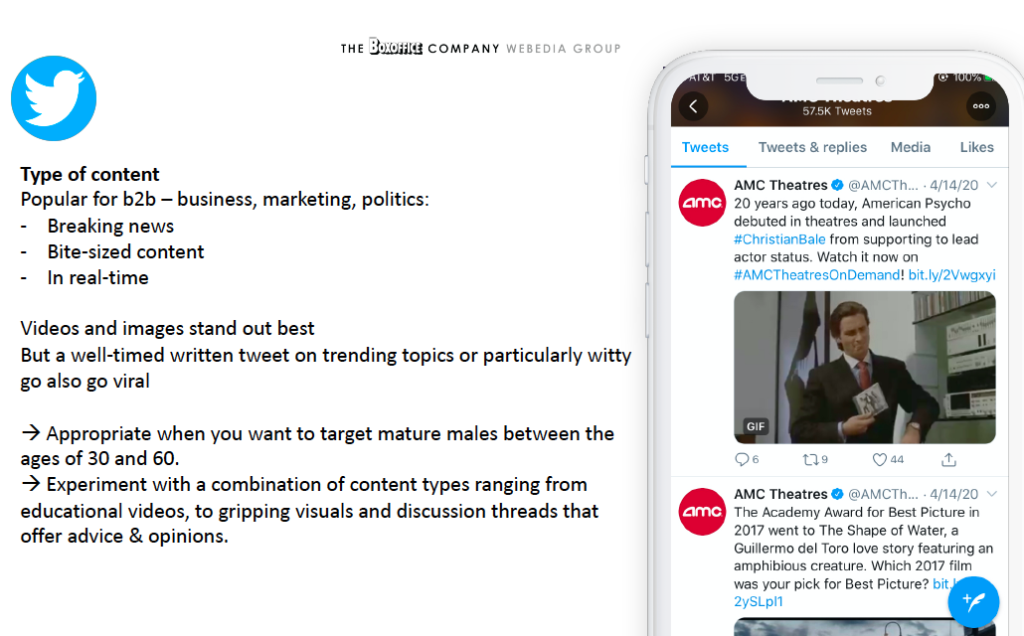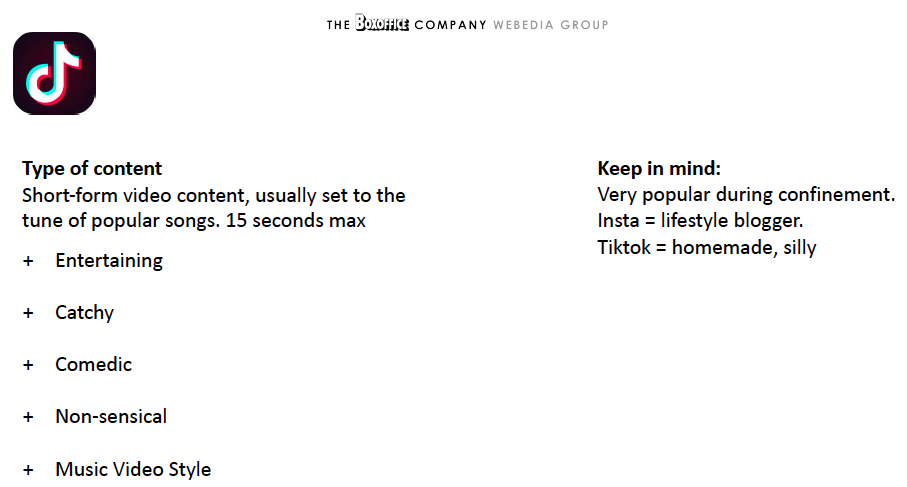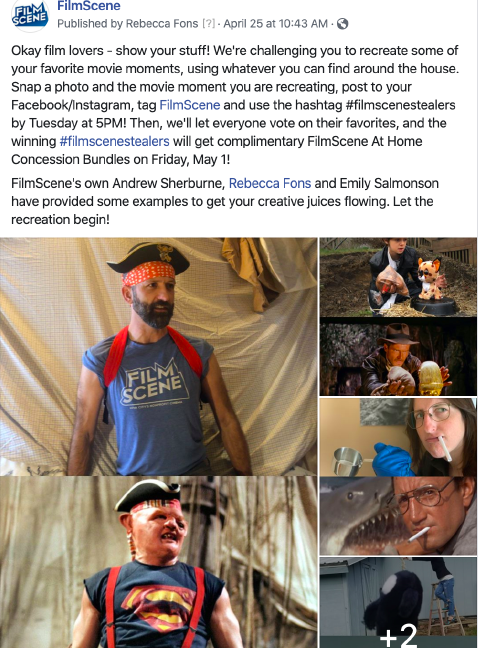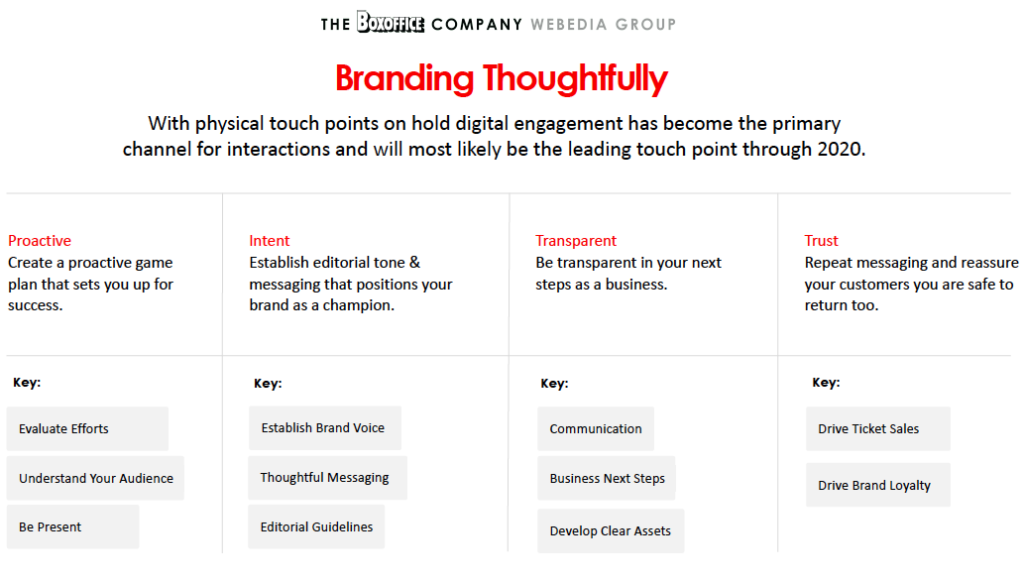With the world in shambles around us, much of movie theatres’ communication with the outside world has shifted towards a mix of seriousness and levity—acknowledging the situation we’re all in, virtually trapped in our homes with nowhere to go, while also recognizing the need for some escapism. Movie recs and memes. Trivia and takeout popcorn.
And cat videos. Lots and lots of cat videos.
Tapping into the needs of so many to veg out while watching a bunch of cute cats for an hour or so is Pittsburgh, Pennsylvania’s Row House Cinema. Like many other independent cinemas across the U.S., Row House has embraced the virtual theatrical model, with 50 percent of each ticket going directly back to the cinema. With one upcoming film, Row House has bitten off a bit more: not only selling tickets to the film, but making and distributing it on their own transactional VOD platform.
It’s called the Quarantine Cat Film Festival, and Row House owner Brian Mendelssohn thinks it’s just what you need right now.
That said, you can’t see it right now—submissions are open on the Row House Cinema website, so if you’re bored with a phone camera and a photogenic cat, you have until May 8 to make your feline friend famous. Around a dozen theaters—with more to come, per Mendelssohn—are partnering with Row House at this point in the film’s life, getting the word out to their customers and asking them, for the love of God, please take cute videos of your cats. Then, in early June, the film will make its way to an estimated 150 theaters, with 50 percent of net proceeds going to each individual cinema.
Mendelssohn took the time to speak with Boxoffice Pro about his purrrfectly innovative (sorry) quarantine project—and the potential role of theatrical VOD platforms after the shutdown ends.
Boxoffice Pro has made part of our mission right now writing about independent theaters doing cool things during the shutdown. The Quarantine Cat Film Festival definitely caught my eye.
That’s the whole point of it. It came across as an idea, like, “This would be fun.” And then not taking advantage of the situation, but interpreting the situation in a more positive way than the way we feel about it. The more theaters we include in this, it can be that much better, and everyone will benefit. ‘Cause we’re all independent movie theaters, and we’re all friends with each other. It became like a nationwide thing pretty quickly, which was really exciting.
These theaters that you list as “participating theaters”—what are they doing? They’re getting the word out, getting submissions?
Yes. We call this phase one, the engagement phase. It is a call for cats. It is saying, “Hey, audience members, help us out. You’re stuck at home. Send us the videos of your cat doing cool things. And that is going to save us, so please do that.” That’s a message that’s been working. It’s a way for our audience members that want to support us to be able to [do so] beyond financial support. You’re stuck at home with your cat and might as well enjoy the moment and film them.
It’s kind of like the Oscilloscope’s Best of CatVideoFest [which is screening at some independent theaters as part of the virtual theatrical model], only with an interactive component.
Yeah. We do the CatVideoFest, too. We just showed it, actually, right before our shutdown. We did a similar program four years ago, because we wanted to show the CatVideoFest before Oscilloscope picked it up, and we couldn’t get our hands on it. So we just kind of did it ourselves. Our audience loved it, and we loved it, and it was a lot of fun.
When this idea resurfaced, it just made a lot of sense. Because the biggest issue we have as movie theaters right now is engaging our audiences in a meaningful way. Virtual cinema is okay. [There are] Q&As, and we’re doing a review show. Everyone’s trying to come up with creative ideas. This was another one of really getting interactivity with our audience members. And that’s just as important as the financial gain that we hope theaters will gain from this as well.
How many submissions have you gotten so far?
We’ve been taking submissions for about a week now. They’re from all over the country—and Canada, of course. We’re up to 82 videos from 82 different people. 82 cats, you could say. 82 cat owners. I’m a cat man, myself. It’s my one cat’s 17th birthday party tonight, so we’re going to be filming that.
Happy birthday to your cat! So is it you and the Row House staff who picks the winners, who edits all this together and adds in the music? Who compiles the finished product?
It’s going to be mostly me, and then some other members of our staff are going to be judging. We have a couple local cat folks. One person runs a cat café here in Pittsburgh. Another one is the 11 year old daughter of my general manager who obsesses over cat videos. We tried to make the judging pretty mixed. We have about six judges who are going to be determining the winners. And then I’m going to be doing the editing, the music, and stuff like that to make the finished product.
Is that something Row House did already: making custom pre-show content and things like that?
Yeah. We do all our own custom trailers. We did videos and things like that, comedic videos of famous movies that are really short, kind of funny. We use that to create personality in our theater, ’cause we have to distinguish ourselves as an independent movie theater from the rest of the crowd. We’ve gotten good at being able to do the editing and all that stuff. We’re confident that we can pull this together. We’re expecting about 500 cat videos when all is said and done.
How is distribution going to work? What platform are you using?
We actually have our own platform. We call it Row House Online. We have three films that we’re doing with other distributors, because a lot of indie distributors don’t have the technology. Film Movement and Kino Lorber and companies like that are the ones that initially put out all these movies. They had platforms already set up before this all happened. There are a lot of distributors who are like, “Whoa, what do we do?” So we ended up creating our own platform for our member base, distributing local films and things like that to them. And that led to going out and talking to distributors about, “Hey, what are you guys doing?” Next thing you know, we’ve kind of become a national distributor of a couple of films. We’re going to use that same platform and our experience with that to get this out there, virtual cinema-style.
This platform that you developed—was it already in existence, or did it come together quickly once all this started going down?
It came together very quickly. It’s based off of Vimeo’s technology. So very similar to Film Movement or Criterion, what those services are using. We’re all kind of using the same backend. We built it in a few days, just to create a virtual cinema platform that was more from the perspective of a movie theater. So we are able to do more things than some of the other distributors are able to do, like for instance a pre-show. We allow all the cinemas to show whatever pre-show they want. Sometimes it’s a plea, their executive director saying, “Hey, this is really supporting us. Thank you.” We have a little intro movie that we play before every show in our normal cinema. So we now incorporate that into our online cinema, to make it feel more like they’re experiencing Row House.
It’s technically a TVOD technology, transactional video on demand. Similar to Apple iTunes or anything like that, where you rent a movie for three days. In this case, it’s branded towards a particular theater, [with logos and personal messaging.] Then, when you buy the ticket, we’re trying to make it so it’s like a purchasing ticket. And then the intro video will come on and the movie will start.
So it’s similar to something like Kino Marquee, only it’s not tied to any particular distributor.
Exactly. We’re kind of acting as a third party platform. The distributor sends us the raw film, and then we take that and put it into our system.
Something like this can allow theaters to promote local content in a time when building that sense of community is really, really key.
We’re really thinking a lot about how we use this after this is all done. We’re hoping that things like the Quarantine Cat Film Festival will help keep us afloat, because we need the revenue to survive right now. All the theaters need the revenue. That’s kind of why we’re selling it as, “Your cat is going to save the independent movie theater.” Because it really can help us a lot. We’re putting all this effort into survival. But when we reopen and hopefully have audiences again, what can we do with this technology in a way that is different than video on demand and what Netflix is, or Apple iTunes, and what we’re shown in theaters?
We’re thinking a lot about how it complements what we actually are already doing as a movie theater. We want to continue it afterwards. Pittsburgh, we’re not New York City. We don’t have 30 independent movie theaters. We only have a couple screens dedicated to independent foreign films, repertory, and things like that. We can’t show it all. But we could show some of it through our virtual cinema, maybe. And that’s what we see us as something we could do in the future.
That’s interesting—it ties into the windows conversation, which is on everyone’s minds right now.
Yeah. If we’re doing that, it would need a window, obviously, or else it’s just [like] doing it through standard VOD. But it’s different. And we could make an argument that it’s a different experience for the filmmaker, and they’ll get more out of it by having at least a month window where we could have theaters showing their film, even if it’s online. It’s at least the marketing power behind each individual movie theater. At that the end of the day, that’s what we do. We’re their marketing team for them in for each local market. The local films, too, same thing. We’re able to act as a hub for local film, which is what we wish we could be more of, but we only have one screen, so there’s only so much we could do.
With your VOD platform—how are rights issues shaking out, and film rentals?
It’s so weird. We’re asking the film distributors, “Hey, how many tickets did we sell? Hey, send us money.” It’s the exact, hundred percent opposite of what usually happens. And it’s a complete reversal of roles that distributors are not excited about. And cinemas hate it, because we don’t know how we’re doing. So that’s actually one of the things that we’re providing, too: communication between both sides so everyone knows what’s going on. It’s like the Wild West. There’s definitely no written agreements or anything like that. We all have been working together for a long time now, so we’re just going to kind of figure this out as we go.
As you have these conversations with smaller independent distributors, are you getting the sense that they want to get their films out in such a way that benefits theaters?
I think yes. There’s a couple of answers to that, right? If you’re a distributor, do you A) wait until theaters or film festivals reopen? Or B) do we do virtual cinema? And how do we do it? Not everyone knows that we’re doing it. A lot of people are confused by it. There’s pro and con to it, right? If a distributor was asking me what do I do, I’d be like, “If there is a film that’s going to kill it in theaters, a film like Parasite or Fantastic Fungi, don’t do this. Don’t do virtual cinema. Hold off and wait.” But if your film was only going to get in 30 to 50 theaters across the country, with you begging to get it into those theaters, then this virtual cinema thing might actually be more beneficial to you than a normal theatrical release would be.
The post Cats, Quarantine, and COVID-19: A Conversation with Pittsburgh’s Row House Cinema appeared first on Boxoffice.
from Boxoffice





